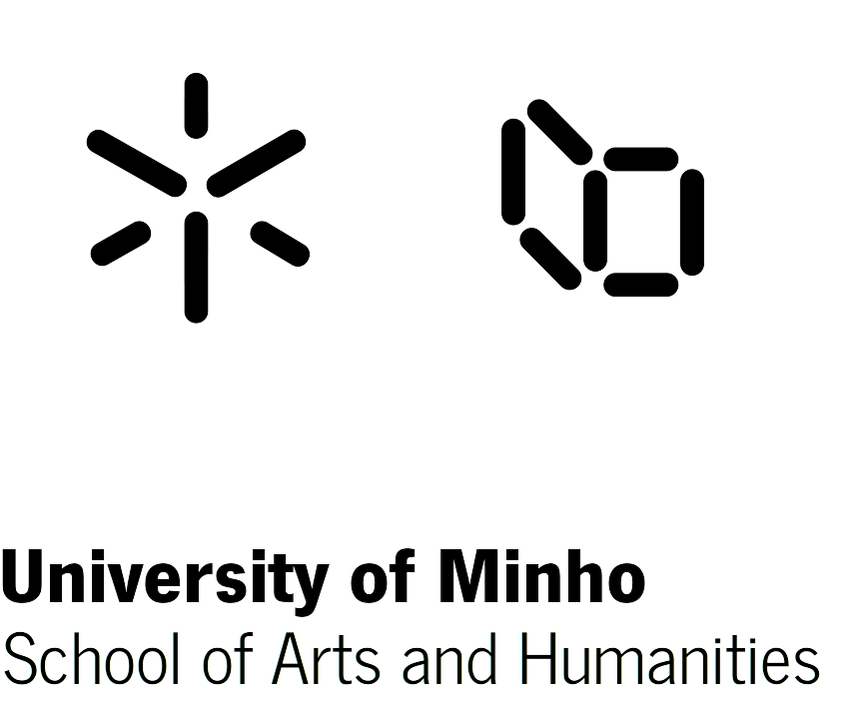PANEL 9 / DEMAGOGUERY, DEMOCRACY, AND THE POLITICS OF THE PEOPLE: INSIGHTS FROM THE HISTORY OF IDEAS
CONVENOR: GIUSEPPE BALLACCI
All inquiries about the panel should be sent to [email protected]
While the concept of populism is currently the focus of extensive scholarly attention, that of demagoguery seems to have fallen into disuse in academic literature. In the former case, the debate on its causes and remedies, its relations with democracy, or on the very nature of the phenomenon, is heated and (mostly) fertile, resulting for instance in distinct and coherent theoretical paradigms in the literature and a common research agenda. In the latter case, instead, the term is often used in unreflective manner, easily reduced to the everyday meaning of verbal manipulation for political purposes. This is a rather peculiar situation, however, considering that demagoguery has been a main concern for political philosophers and theorists since classical Greece. Prominent thinkers such as Plato, Aristotle, Polybius, Cicero, Plutarch, Machiavelli, Hobbes, Rousseau, Tocqueville, J.S. Mill, the Founding Fathers, up to Marx or Weber - just to name a few canonical examples - have regarded demagoguery as a topic of great relevance. To be sure, it could be objected that not all these thinkers explicitly dealt with demagoguery. However, it is evident that they were all interested in closely related issues. These includes the struggle between factions, especially between the many and the few, the role of civic education of the masses, or of Bonapartism and Caesarism, in the era of modern democratization, or also the role of prophets and religion in the public space, especially during the Wars of Religion and the foundation of the modern state.
In this respect, we could argue that the issue of demagoguery represents something like the backdrop against which the reflections of those thinkers on these themes take place. Consequently, it is possible to reconstruct a lineage of political reflection from ancient Greece to the present day, wherein the theme of demagoguery plays a pivotal role, either implicitly or explicitly; and further to contend that, within this thread of reflection, the role of tthe notion of demagoguery has been recently supplanted by that of populism.
This panel invites contributions on the topic of demagoguery and on conceptually related issues, such as those mentioned above, as they have been treated at various times in the history of political ideas by both canonical and less well-known thinkers.
All inquiries about the panel should be sent to [email protected]
While the concept of populism is currently the focus of extensive scholarly attention, that of demagoguery seems to have fallen into disuse in academic literature. In the former case, the debate on its causes and remedies, its relations with democracy, or on the very nature of the phenomenon, is heated and (mostly) fertile, resulting for instance in distinct and coherent theoretical paradigms in the literature and a common research agenda. In the latter case, instead, the term is often used in unreflective manner, easily reduced to the everyday meaning of verbal manipulation for political purposes. This is a rather peculiar situation, however, considering that demagoguery has been a main concern for political philosophers and theorists since classical Greece. Prominent thinkers such as Plato, Aristotle, Polybius, Cicero, Plutarch, Machiavelli, Hobbes, Rousseau, Tocqueville, J.S. Mill, the Founding Fathers, up to Marx or Weber - just to name a few canonical examples - have regarded demagoguery as a topic of great relevance. To be sure, it could be objected that not all these thinkers explicitly dealt with demagoguery. However, it is evident that they were all interested in closely related issues. These includes the struggle between factions, especially between the many and the few, the role of civic education of the masses, or of Bonapartism and Caesarism, in the era of modern democratization, or also the role of prophets and religion in the public space, especially during the Wars of Religion and the foundation of the modern state.
In this respect, we could argue that the issue of demagoguery represents something like the backdrop against which the reflections of those thinkers on these themes take place. Consequently, it is possible to reconstruct a lineage of political reflection from ancient Greece to the present day, wherein the theme of demagoguery plays a pivotal role, either implicitly or explicitly; and further to contend that, within this thread of reflection, the role of tthe notion of demagoguery has been recently supplanted by that of populism.
This panel invites contributions on the topic of demagoguery and on conceptually related issues, such as those mentioned above, as they have been treated at various times in the history of political ideas by both canonical and less well-known thinkers.






